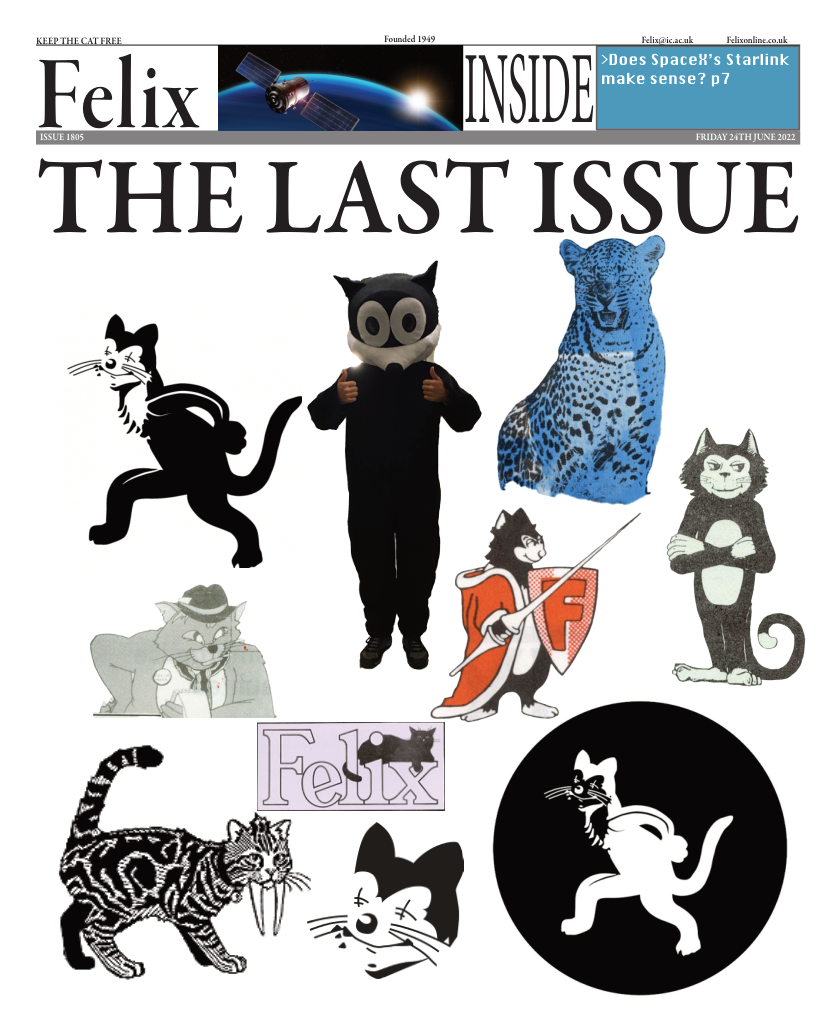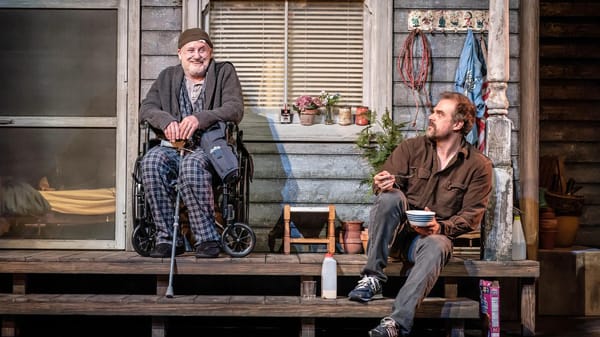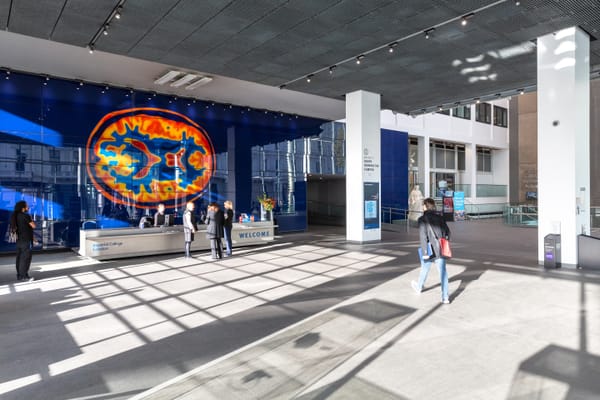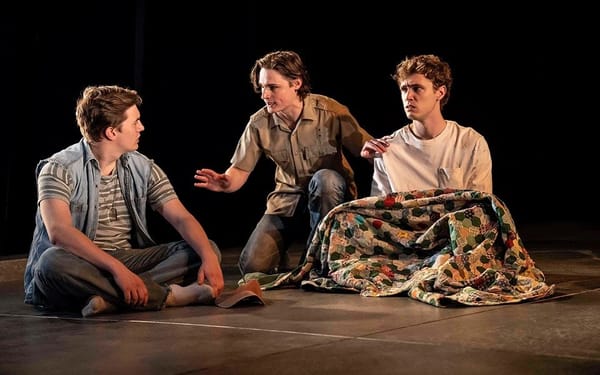The Fellowship Review
Love and loss are stratified across three generations in Roy Williams’ tender and sweet new play
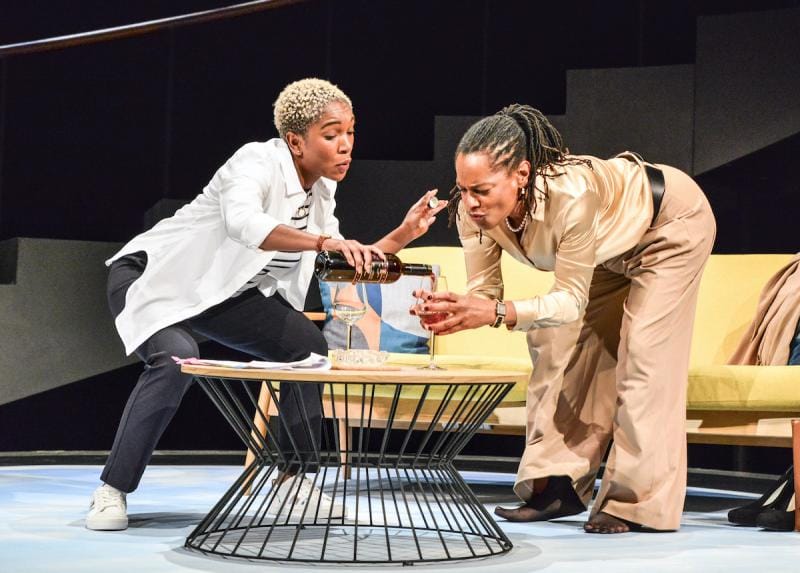
The Fellowship
★★★
- What: Drama
- Where: Hampstead Theatre
- When: Until July 23rd
- Cost: From £10
Love and loss are stratified across three generations in Roy Williams’ tender and sweet new play. Williams, an award-winning playwright, whose previous work includes the elegiac state-of-the-nation Death of England plays at the National Theatre, brings us his most personal play yet.
A family, led by matriarch Dawn and her sister Marissa, struggle with collective grief, generational trauma, and black identity post Windrush. Despite contending with heavy issues, The Fellowship is never didactic, always framing itself through a grounded humanity, a testament to Williams’ perception as a writer, and skill as a wordsmith.
Sisters Dawn and Marissa anchor the production thanks to Cherelle Skeete and Suzette Llewellyns’ performances. From the outset their effervescent chemistry is heart-warming. They are wonderful to watch, something made even more impressive given Skeete stepped in last minute to play the role.
The boisterous yet diligent Dawn is caught between generations; her elderly but unseen mother, was born in Jamacia and forged a home for Black British culture in England in the 1950s. Dawn bears the scars of her own generation’s struggle against racism in the 1980s, and her son’s clandestine relationship with a white girl does not stay very secret. The three worlds collide, bringing their conflicting attitudes head-to-head. Williams and director Paulette Randall are less interested in finding answers and more concerned with fleshing out these perspectives. Each are as valid as the other. There are no right answers.
This clash of identity manifests in dialect. Dawn, and sometimes Marissa, speak with a Jamaican accent when emotionally charged, berating each other or Tony, Dawn’s hapless husband - and revert to a British one when not. It is a subtle yet fascinating touch that evokes gorgeously their palimpsestic identities and the tension between Caribbean and British identity as the former dissolves with each new generation.
Marissa is already assimilating; she is a criminal barrister in an all-white chambers engaged in an illicit affair with a high-ranking MP. Her shifting cultural identity suggests betrayal. She reveals that she keeps her childhood on an estate a secret from her upper class lover and is already wedging a divide between her and her sister. But Randall never loses sight of the concrete love between the siblings.
Designer Libby Watson incorporates an Alexa into the set, a stripped back house with chic yellow furniture, which plays a small but important role in the narrative. Its blue lights flicker and pulse as they do in real life as Dawn and Marissa command it to play and pause music. It is a sweet touch that gives the production a totalised feel.
Jerome, Dawn’s son, played by a wistful yet self-assured Ethan Hazzard, bears the burden of his heritage whilst also craving the autonomy to craft his own identity. Hazzard’s emotional outbursts are calculated and moving. He is totally in control of his character’s emotional turmoil, especially when it brushes up against his mother. The result is an intriguing meditation on evolving identity in the 21st century that is as poignant as it is benevolent.

